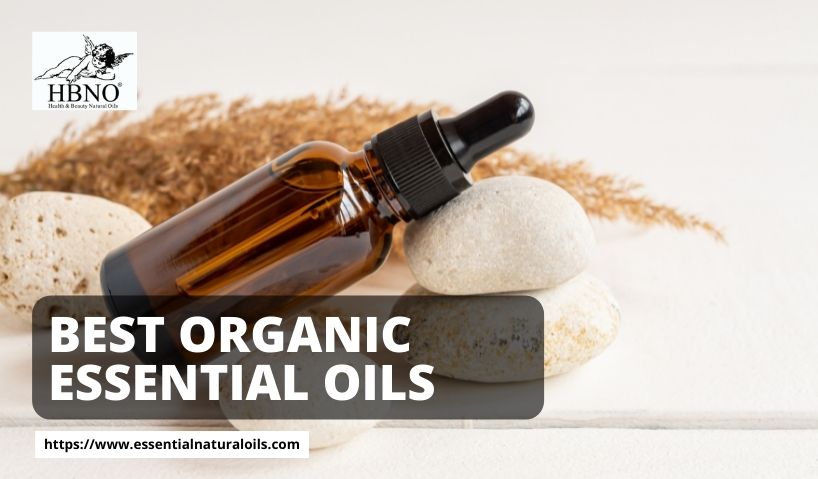
The word "organic" refers to an overarching approach that includes agricultural practices and/or harvesting techniques with the goal of protecting soil properties, reducing synthetic consumption, and promoting long-term preservation. So, organic essential oils are made from plants or herbs that have been cultivated or handled in compliance with organic guidelines. The only trustworthy approach to determine if essential oil manufacturers products are genuinely organic or not is to look for organic certification from a reputable body (such as QAI). Whether you choose to go organic or not, it's critical to buy essential oils from a reliable essential oil wholesale distributor.
How to use essential oils?
Aromatherapy, in which pure essential oils are breathed through various techniques, is the most prevalent use of essential oils. Essential oils should never be consumed. Its aromas can activate parts of your limbic system, which is a component of your brain involved in emotions, behaviors, scent, and good memory. Surprisingly, the limbic system plays a significant role in memory formation. This could help to explain why certain smells might elicit memories or emotions.
Best Organic Essential Oils
- Chamomile Roman Essential Oil
Apply Roman Chamomile essential oil on your wrists and neck when you wish to spend a relaxing evening at home. Put the oil on your chest, above your heart, for a sense of well-being. Roman Chamomile essential oil can be used topically to help soothe the soul while also generating a pleasant fragrance. The oil is pale yellow or light blue in color since Roman chamomile is a short-lived perennial herb with very little chamazulene. This variety of chamomile was used by ancient monks to make "raised beds" in meadows to put invalids on and treat depression. Edward III used chamomile to perfume his clothes and linens, while Elizabethans used the herb to get rid of odors. In the neurological system, it has a profoundly soothing effect.
- Neem Oil Virgin
In Indian culture, neem oil has been utilized for millennia. In Indian culture, it is believed to be sacred and is extensively implemented in Ayurvedic therapy. Neem is well-known for its skin and hair-healing and therapeutic properties. Triterpenes are abundant in the oil, which contributes to its distinct aroma. Antioxidant effects are well-known for triterpenes. Externally, cold-pressed Neem oil improves hair radiance while also reducing excess oil and dandruff. Neem oil is also used to revitalize natural hair color and boost hair growth. Cold-pressed Neem oil strengthens hair strands and oxygenates hair follicles, resulting in strong and healthy hair.
- Camellia Oil
Organic Tea seed oil is a carrier oil derived from camellia seed oil that is high in antioxidants. Japanese geishas have been using it to nourish their skin for centuries and believe it to be their beauty trick. Camellia seed oil is high in antioxidants, which assist to soothe sensitive and inflamed skin. This may aid in the reduction of acne. Antioxidants also safeguard your skin from radical harm in the future. Camellia oil is high in essential fatty acids, including omega 3, 6, and 9, as well as Vitamin E and polyphenols.
- Hemp Seed Oil
Organic because of its optimum fatty acid ratio of 3:1 omega 6 to omega 3, hemp seed oil has a wonderful dark color and is renowned for its skin advantages. Omega 6 fatty acids contain gamma-linolenic acid (GLA), which can help with skin inflammation and redness, while Omega 3 fatty acids ensure your safety. Because hemp seed oil has a 0% comedogenic rating, it is good for all types of skin. These same fatty acids may help to preserve and repair hair while also hydrating it. Cosmetics, personal care formulas, soaps, pet care, skin, and hair care all benefit from organic hemp seed oil.

